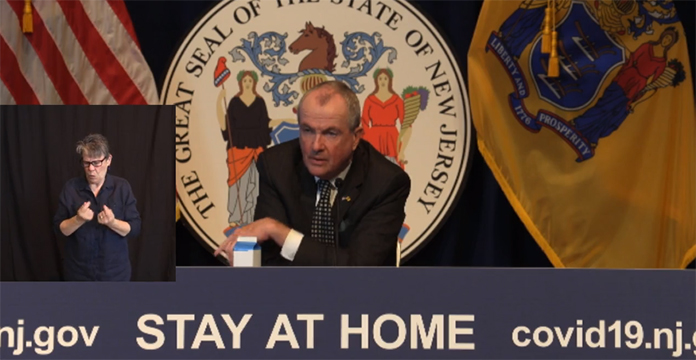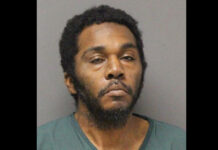
JERSEY SHORE – Due to social distancing slowing the spread of COVID-19, Gov. Phil Murphy announced that retail businesses will be able to open up again for curbside pick-up only.
“We can get small businesses up and running in a way that protects both workers and customers,” he said in his press conference on May 13.
No customers will be allowed inside stores, but shops can open for curbside pick-up, he said, effective May 18th.
“We have been able to take these steps today because of the work you’ve done over the last eight weeks,” the governor said to the public.
Millions of people have heeded the rules to social distance, and that has slowed the spread of the novel coronavirus to a more manageable level. This has allowed businesses to begin to open up again, even if in a diminished capacity.
In order to get to this stage, the numbers of infected had to be driven down. “Public health creates economic health and data determines dates,” he said.
In the near future, the governor said he expects that hospitals will be able to start doing elective surgery again.
Gatherings By Car
The governor continued to clear up that gatherings of people in their vehicles is allowed as long as certain precautions are followed. Namely, if people are parked, they have to park six feet apart. If that’s not possible, the cars have to have their windows, doors and convertible tops closed (unless there’s a medical reason).
This means that church services and drive-in movies are allowed as long as people don’t get out of their vehicles, he said.
A previous statement by State Police Col. Patrick Callahan made it seem that all drive-by graduations, sometimes called “wave parades,” were not allowed. Callahan has since explained that these are allowed, but people gathering together for graduates is not.
Construction Sites
Additionally, construction can resume as long as certain safeguards are in place:
- Staggering work hours and breaks to prevent overcrowding
- Requiring face coverings
- Prohibiting non-essential visitors
- Ensuring proper sanitation






